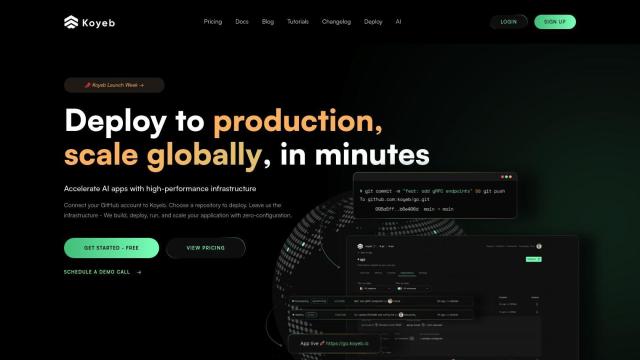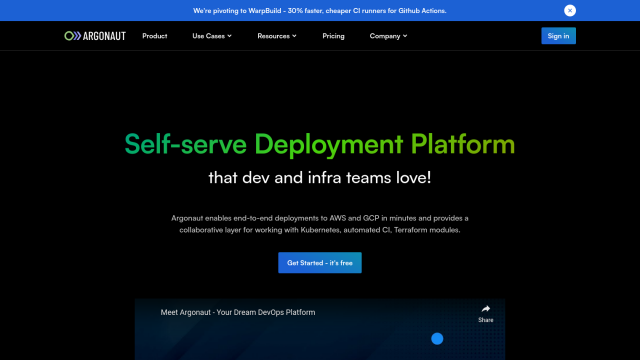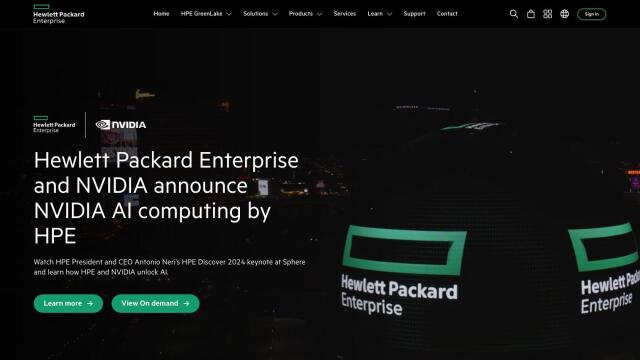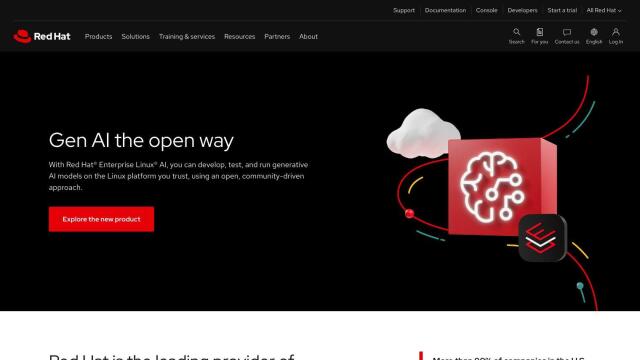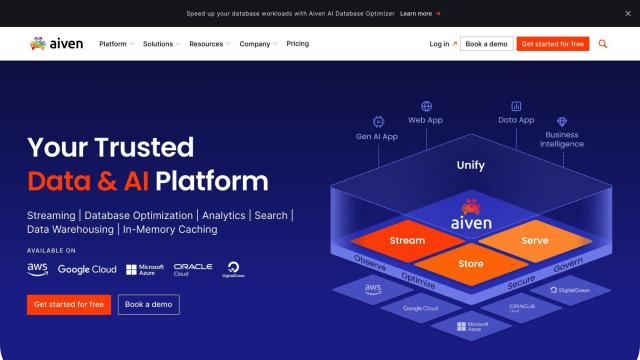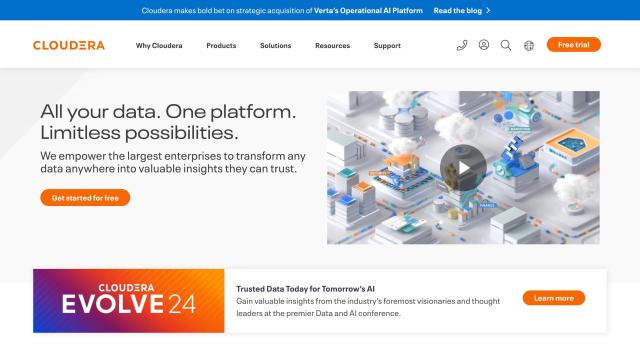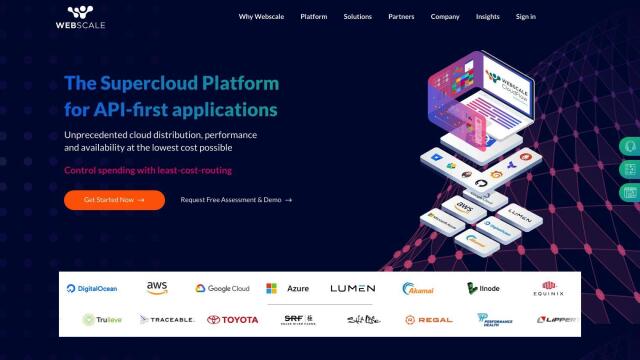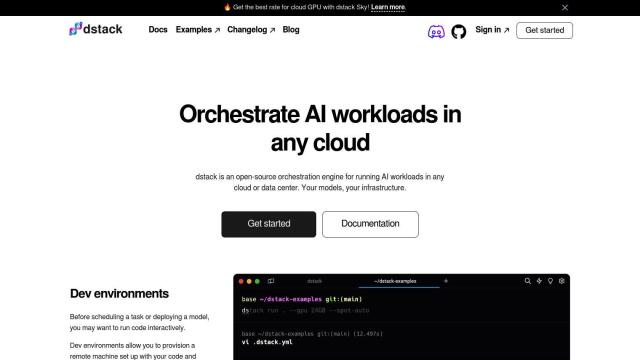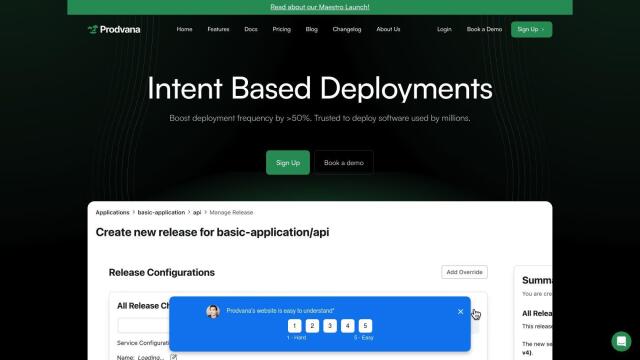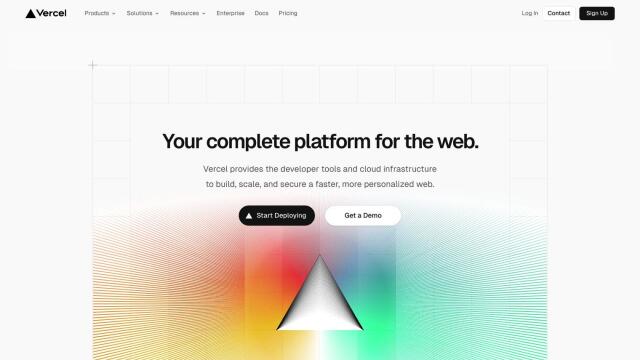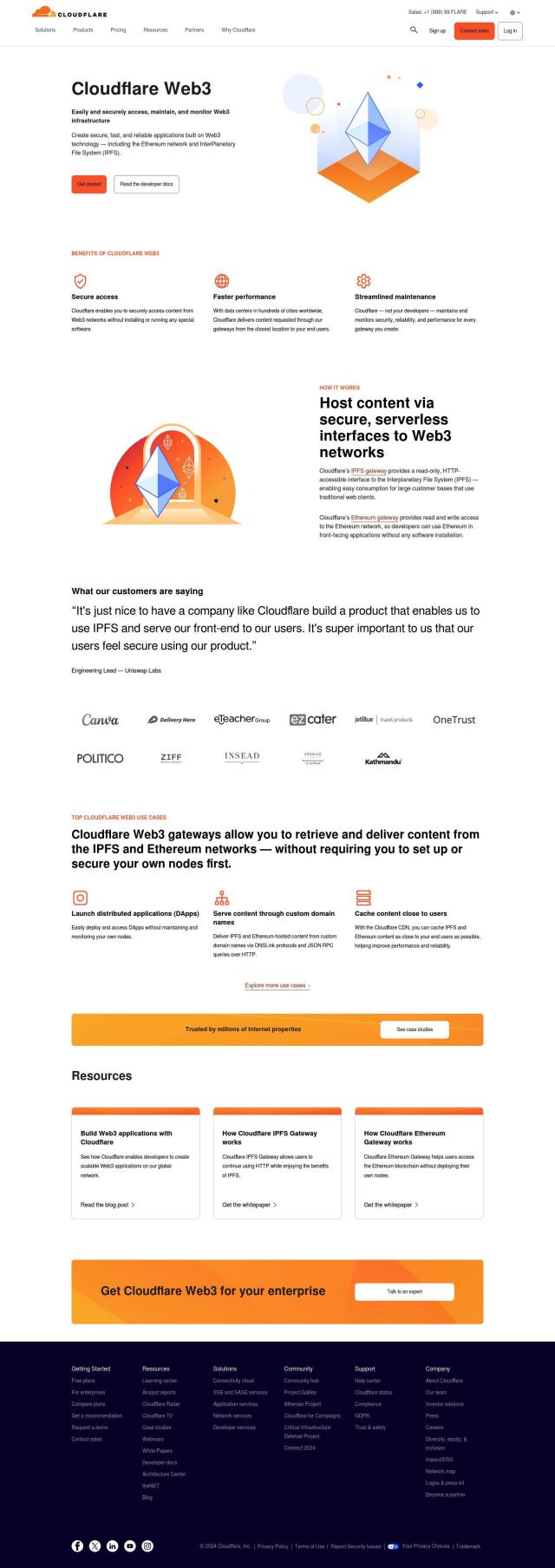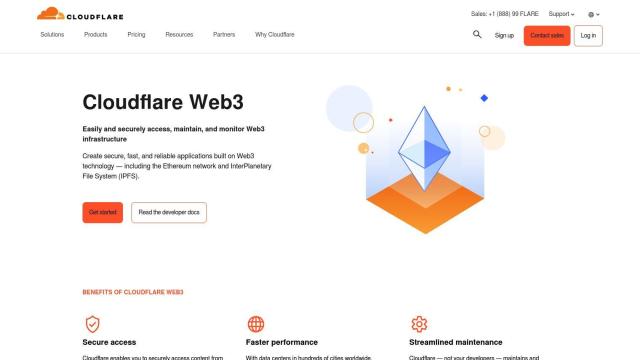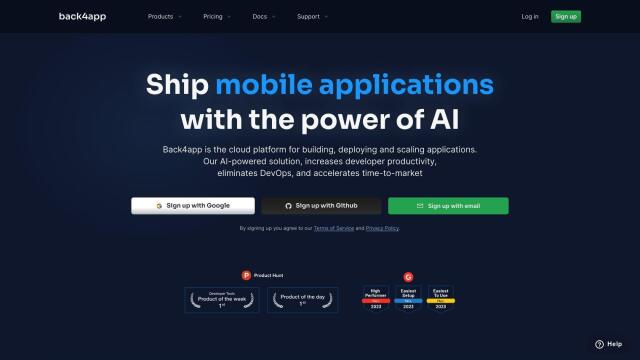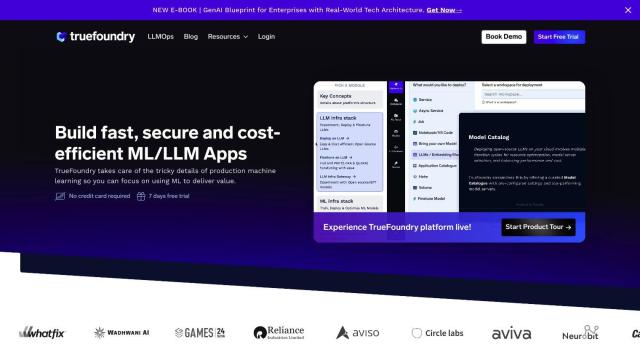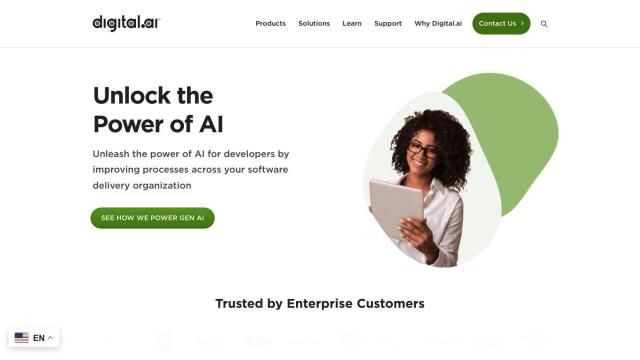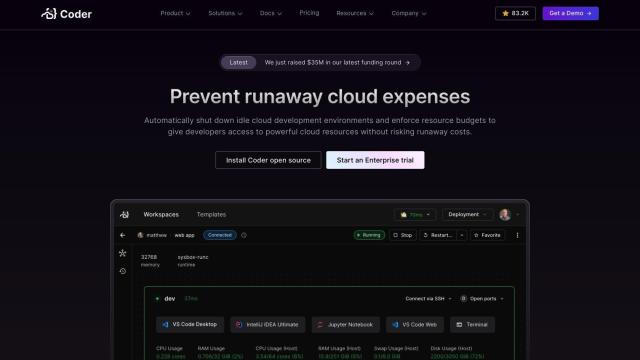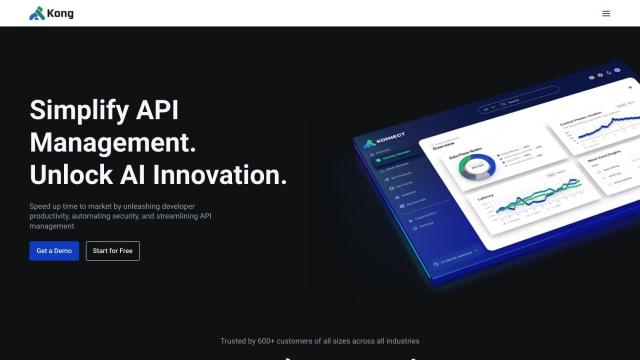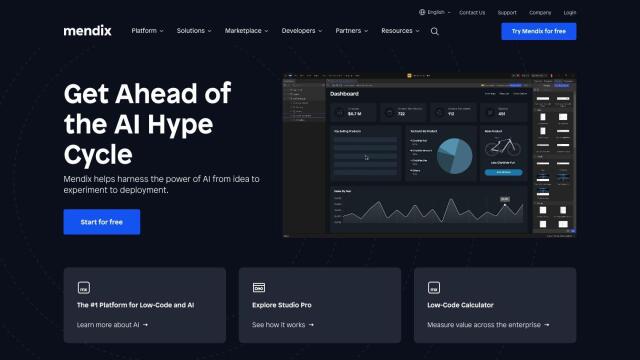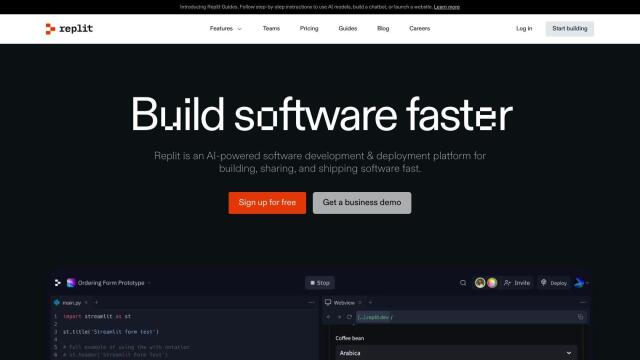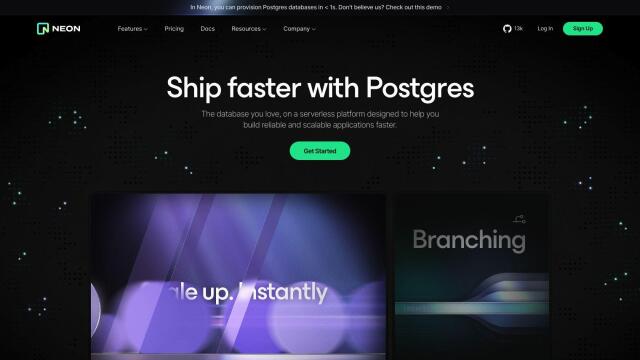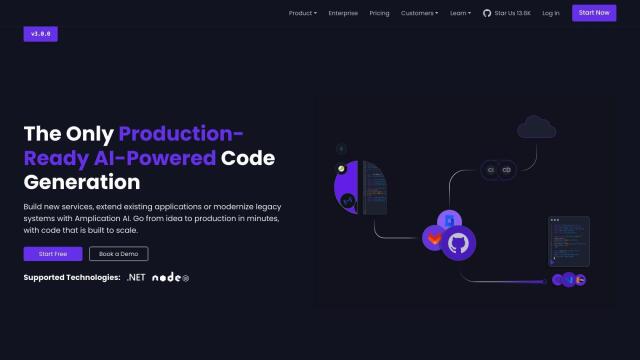Question: Can you recommend a reliable and flexible platform for deploying applications across multiple environments, from on-premise to cloud and edge?

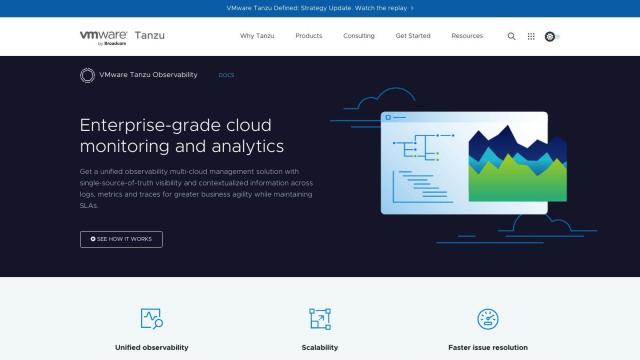
VMware Tanzu
For a flexible foundation for running software in many environments, VMware Tanzu is a strong contender. It lets Dev and Ops teams build, deploy and manage cloud-native applications on a variety of clouds and edge computing sites. Tanzu spans polyglot and multi-cloud environments, with features like AI-powered app visibility, one-line commands for deployment and scaling, automation and security. It also includes cloud-native data and messaging services that can dramatically accelerate software delivery and help teams adopt cloud-native development practices.

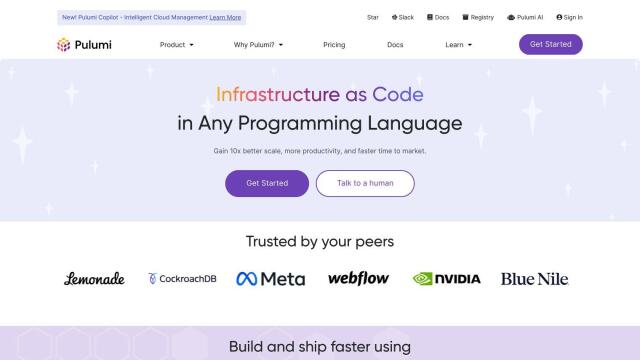
Pulumi
Another strong contender is Pulumi, an open-source infrastructure as code (IaC) SDK that lets you deploy and manage infrastructure in multiple clouds using languages you already know. Pulumi's code engine lets teams write infrastructure code in languages they already know and manage configuration and secrets with a single source of truth. It supports many cloud providers, including AWS, Azure, Google Cloud and Kubernetes, and fits into existing software delivery pipelines.

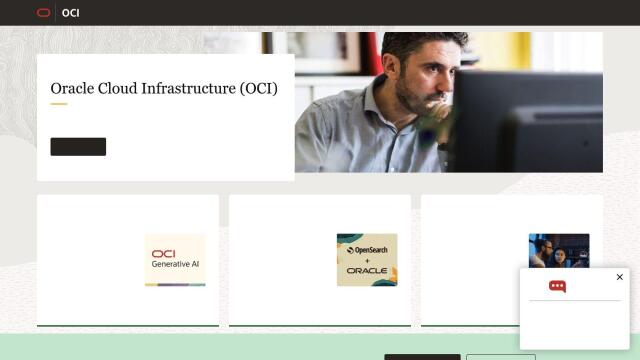
Oracle Cloud Infrastructure
Oracle Cloud Infrastructure is a broad suite of cloud services that can be deployed in public clouds, on-premises or in hybrid environments. It includes more than 100 cloud services, including compute, storage, containers and functions, all of which can help meet digital sovereignty requirements. With competitive pricing and a strong security foundation, OCI is a good option for many industries and use cases.


Harness
If you want a platform that automates and optimizes the software delivery lifecycle, Harness is worth a look. It uses AI for continuous integration, continuous delivery, feature flags and infrastructure management, among other tasks. Harness offers automated pipelines for deploying software to multiple clouds and regions, letting teams build, test, deploy and verify software on demand.

